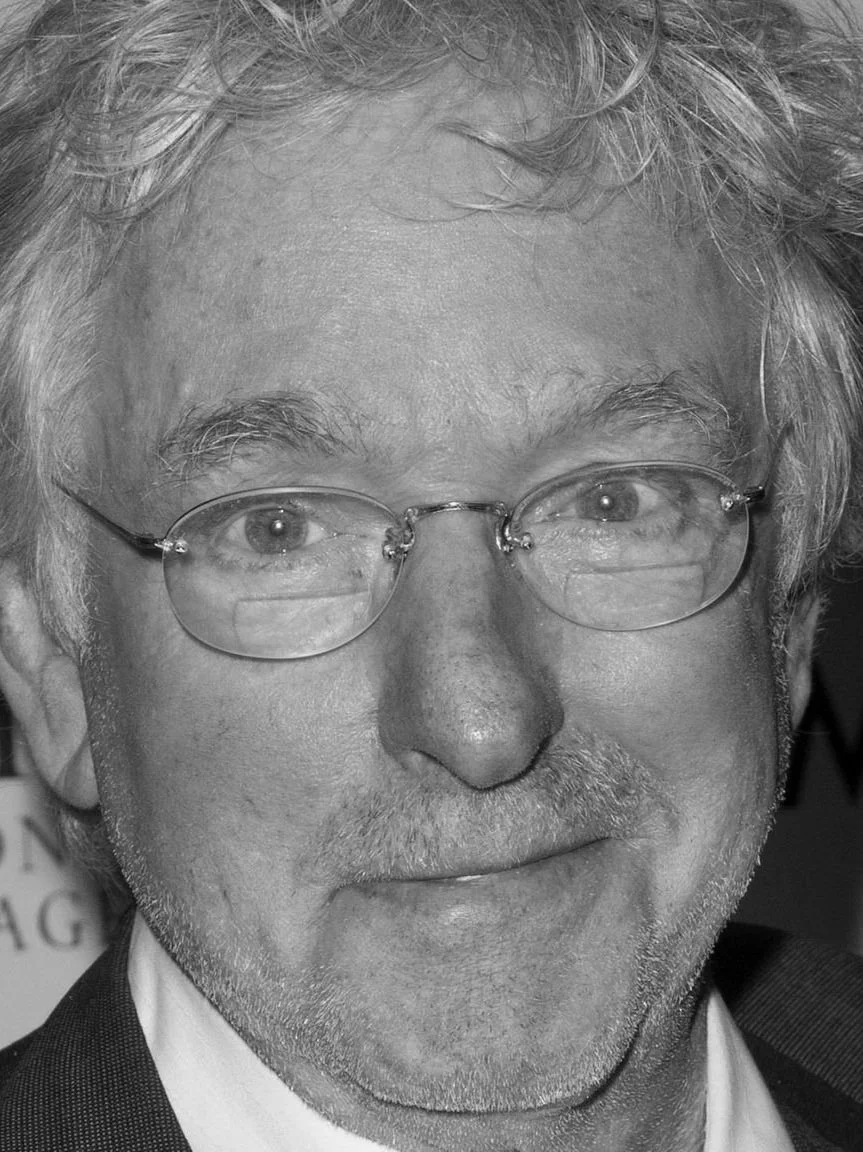HUGH HUDSON
(25 August 1936 - 10 February 2023)
The British film director Hugh Hudson, who has died aged 86, began his career working on documentaries and award-winning commercials. He had an immediate success with his first feature, Chariots of Fire (1981), about two British athletes, Eric Liddell, a Scots Christian, and Harold Abrahams, an English Jew, during the 1924 Olympic Games. The film dealt with the prejudices between the Christian and Jewish faiths. The cast included relative unknowns at the time – Ben Cross, Ian Charleson, Nigel Havers – with Kenneth Branagh and Stephen Fry appearing as extras.
The film tapped into the general public’s ethos and became the highest grossing UK film that year, and the highest grosser for a foreign film in the US and Canada. It was nominated for seven Oscars and won best picture, best screenplay, best original score (by Vangelis) and best costumes. Elsewhere it won gongs from Bafta, the Cannes festival, a Golden Globe and a Grammy, awards for film and screenwriter from the London Critics’ Circle, as well as other prizes. On accepting his Oscar, screenwriter Colin Welland famously announced that, “the British are coming!”
Hugh Hudson was born in London to the insurance broker Michael Donaldson-Hudson and his second wife Jacynth. Hugh was educated at Eton College and, after National Service, he spent three years editing documentary films in Paris, before making his own documentaries. Working in advertising with fellow directors Alan Parker and Ridley and Tony Scott, he was the second unit director on Parker’s Midnight Express (1978).
Hudson's next film as director was Greystoke: The Legend of Tarzan, Lord of the Apes, arguably the best film about the jungle hero. Christopher Lambert was the titular star, with Andie MacDowell, Ralph Richardson and James Fox in support. Despite problems during the shoot, the film was a commercial and critical hit and was nominated for three Oscars and won a Bafta for best make-up and hair plus a BFI technical achievement award and a New York Film Critics’ best supporting actor award for Richardson.
Then Hudson’s Revolution (1985), about the American War of Independence, with Al Pacino and Donald Sutherland, was a flop. Its only awards were Golden Raspberries. It was re-cut and re-released on DVD – a great improvement. Sutherland was also in Lost Angels, as a doctor treating a youth in a psychiatric ward. In 1995 Hudson contributed to Lumière and Company, in which 40 directors recreated the early days of Cinématographe. My Life So Far (1999) was about a boy growing up in the 20th century. Even with Colin Firth, Malcolm McDowell and Kelly Macdonald in the cast, it had limited appeal. I Dreamed of Africa (2000) was based on Kuki Gallmann’s autobiographical novel and starred Kim Basinger, Vincent Perez and Daniel Craig, but it too had little impact.
Hudson’s first wife was the painter Susan Michie with whom he had a son, Thomas. Rupture: Living With My Brain was a television documentary about his second wife, the actress Maryam D’Abo, on her coping with a brain haemorrhage. Hudson’s last film was Altamira in 2016, a true-life drama about discovering Stone Age paintings in Spain, with Antonio Banderas. Other work involved a theatre staging of Chariots of Fire and directing Robert Ward’s opera of Arthur Miller’s The Crucible in Germany.
MICHAEL DARVELL

